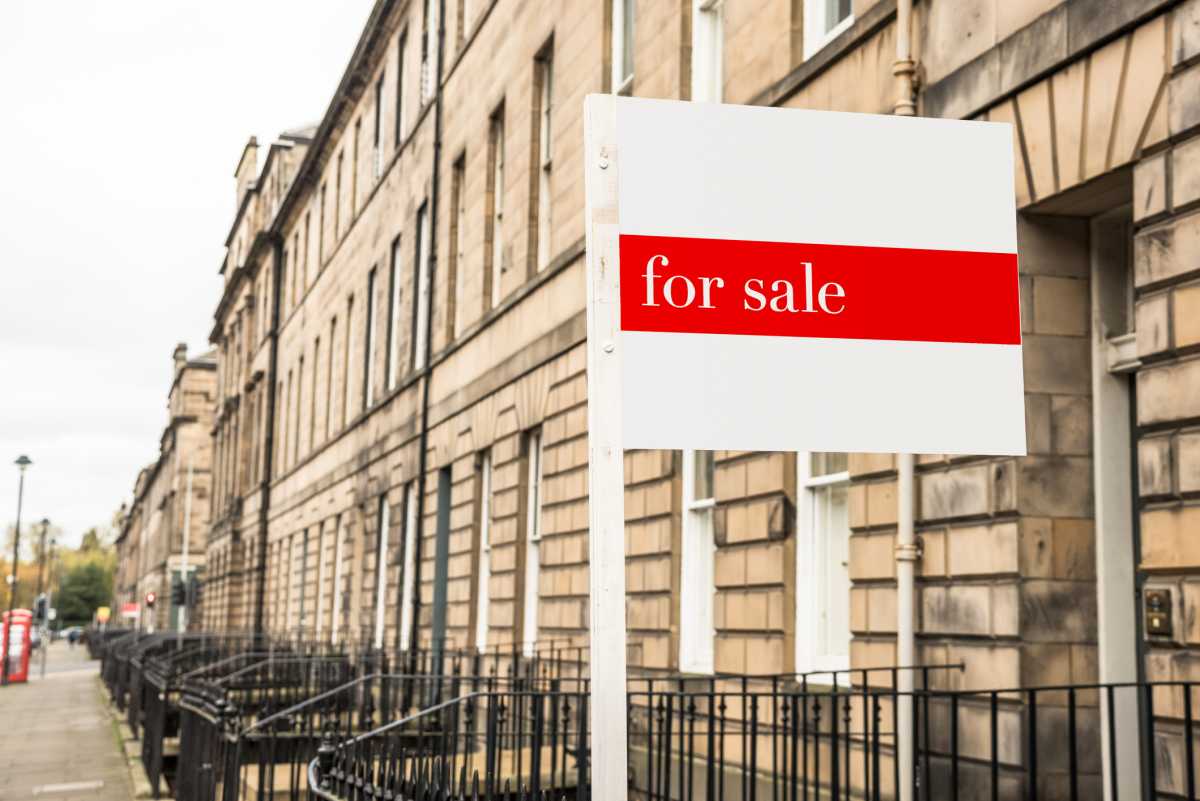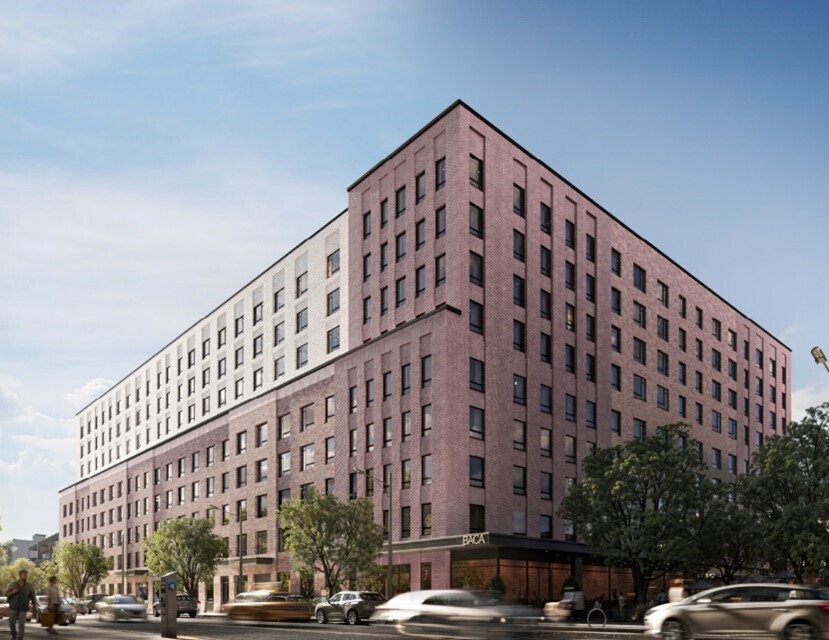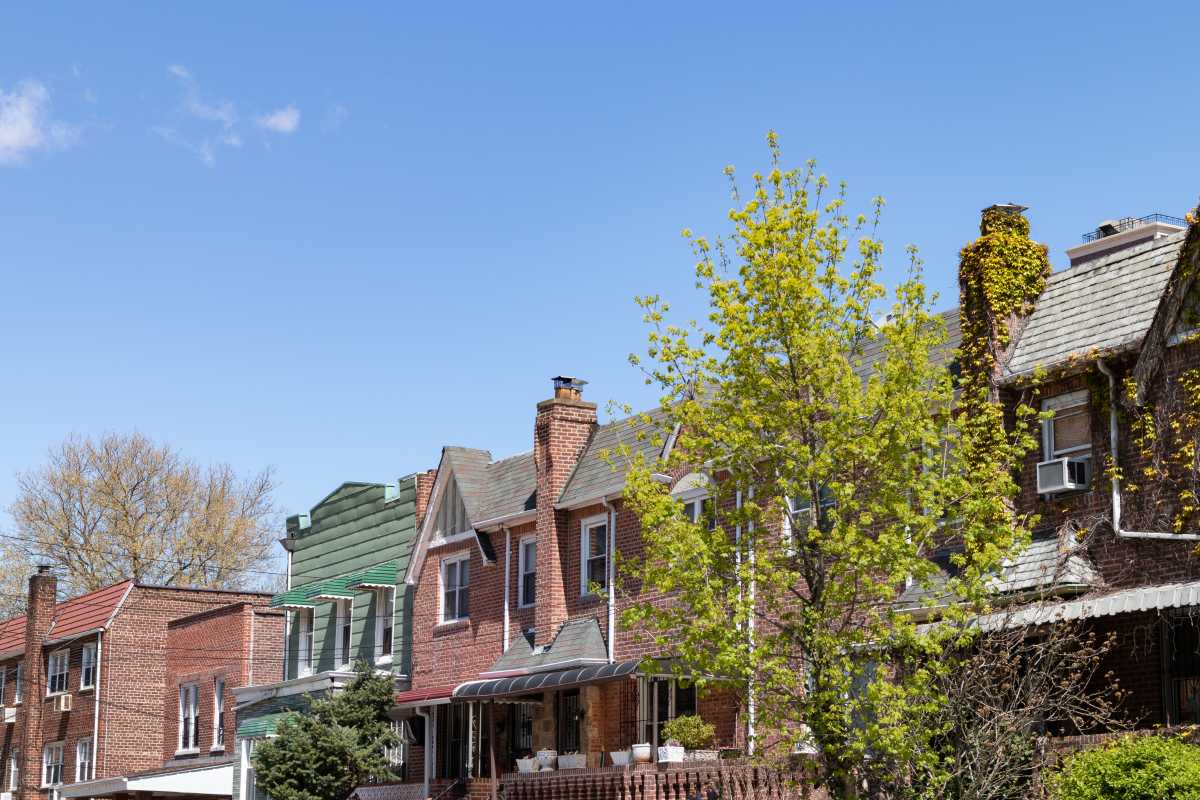New York’s real estate professionals can now have their licenses revoked for violating the Human Rights Law.
In an effort to further reinforce New York’s commitment to combat housing discrimination, Governor Andrew Cuomo signed legislation that grants the Department of State the authority to discipline real estate professionals found to have violated provisions of the state Human Rights Law by revoking or suspending their license.
The new law strengthens the abilities of the Secretary of State to discipline licensed professionals for discriminatory behavior while also complementing the Department’s existing regulations, which authorize the Secretary to discipline licensed agents and brokers that have engaged in any unlawful discriminatory practice.
“We have zero tolerance for discrimination of any kind in New York and the sheer scope and breadth of the unscrupulous and discriminatory real estate practices uncovered on Long Island is repugnant to who we are,” Governor Cuomo said. “While the federal government is focused on gutting fair housing regulations that have helped so many Americans, we are vastly expanding the State’s ability to crack down on unethical real estate agents and protect hard-working New Yorkers looking for a community to call home.”
“This law will provide teeth to the enforcement of New York’s Human Rights Law and ensure that real estate agents cannot engage in racist practices like “steering” that deny families the dignity of choosing their home and neighborhood,” Senator James Gaughran said. “I thank Governor Cuomo for his swift singing of this bill into law.”
On Nov. 17, 2019, Newsday reported the results of their probe into housing discrimination on Long Island. The results of the investigation found evidence that real estate agents on Long Island were engaging in discriminatory conduct at high rates, including imposing unequal conditions and steering clients toward certain neighborhoods depending on their perceived race or ethnicity. Following the report, the Governor directed the Division of Human Rights, the Division of Homes and Community Renewal, and the Department of State to launch a joint investigation into reports of widespread discrimination among real estate agents on Long Island.
In December, Cuomo announced new regulations for real estate professionals to help combat discrimination in the housing market statewide. The new regulations, which were approved by the New York State Real Estate Board, required enhanced disclosures by real estate professionals to help ensure prospective home buyers, renters, sellers and landlords receive ample information about their rights and protections under New York State law.
The Governor also announced several additional initiatives to combat housing discrimination across New York State, which included launching a comprehensive social media campaign and housing discrimination hotline to raise awareness.
“Homeownership is the cornerstone of the American Dream, yet in this day and age, housing discrimination still persists in our Long Island neighborhoods and across New York,” Assemblymember Kimberly Jean-Pierre said. “This legislation will help ensure that we are protecting every New Yorker’s freedom to choose where they want to call home and build a future for themselves, regardless of the color of their skin. I look forward to continuing to work on this critical issue with Governor Cuomo and my colleagues in the Legislature, and I applaud and thank the Governor for swiftly signing this bill into law.”
Cuomo recently launched a statewide effort to address segregated living patterns and housing disparities throughout New York State. Despite the Trump administration stripping away the Affirmatively Furthering Fair Housing rule, which was enacted in 2015, the state is moving forward with Fair Housing Matters NY initiative and will work with local municipalities to analyze and develop meaningful actions to reduce segregated living patterns and concentrated areas of poverty, address unequal access to opportunity in neighborhoods, increase accessibility and strengthen fair housing enforcement.
































